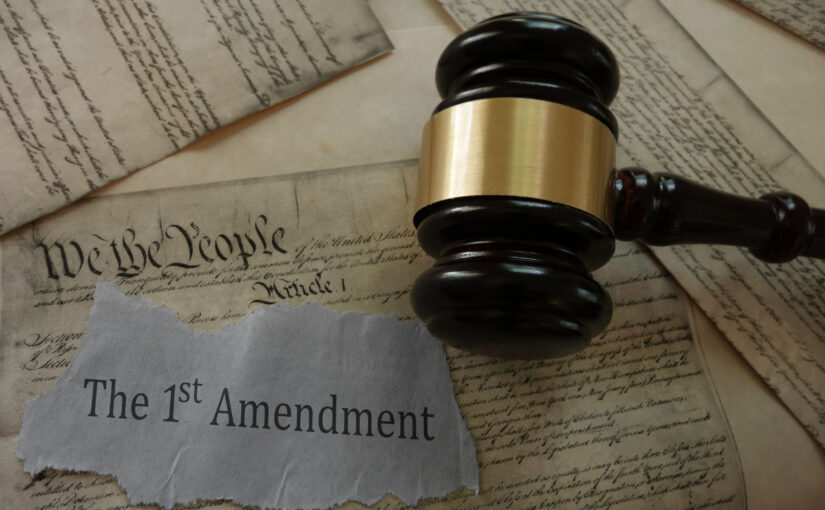Federal Courts Issue Rulings on 1st Amendment Rights During COVID-19

Most state governments have responded to COVID-19 with executive orders and laws that restrict the public from certain activities, including religious assembly. Such limitations on activities protected by the First Amendment have resulted in a flurry of lawsuits – at least one that reached the Supreme Court – alleging First and Fourteenth Amendment violations that raise a critical question: How far can the government restrict First Amendment behavior before they are violating constitutional rights? So far, the answer is: It depends.
In rendering their decisions over the past several months, the courts have made clear that governments must ground their decisions that restrict First Amendment activities on sufficient facts. Second, such restrictions cannot be unequally applied to religious assemblies as compared to nonreligious assemblies. These are similar to the issues contemplated by the Religious Land Use and Institutionalized Persons Act (RLUIPA). In any context, these rulings serve as a reminder to governments that their restrictions on religious assembly must be applied narrowly and equally as compared to nonreligious assemblies.
These are the most recent decisions governments should be aware of:
- On May 9, 2020, the Sixth Circuit Court of Appeals granted an injunction to a Kentucky Baptist church. The church challenged executive orders from the Kentucky governor. The orders barred religious gatherings, but made exceptions for shopping malls, law firms, and airlines. After examining the orders as to what was permitted, as well as the exceptions to the orders, a unanimous panel held that while the orders do not explicitly discriminate against religion, there are so many non-religious exceptions that the orders were not neutral. “As a rule of thumb, the more exceptions to a prohibition, the less likely it will count as a generally applicable, non-discriminatory law.”
- On May 16, 2020, a North Carolina federal district court granted a temporary restraining order to a Baptist church against the application of certain state executive orders implemented in response to COVID-19. The executive orders allowed indoor gatherings of up to 50 persons in nonreligious settings – stores, public transportation and libraries – while limiting indoor religious services to no more than 10 persons. While the court conceded the First Amendment right to free exercise is not without limits, when a constitutional right is impinged, a government can only do so with laws that are narrowly tailored to serve a compelling governmental interest. That was not done here because the government had placed less restrictions on nonreligious assemblies. For the full opinion, click here.
- On May 29, 2020, the U.S. Supreme Court, by a 5-4 vote, denied an application for injunctive relief from a California Pentecostal church challenging a state executive order limiting religious gatherings to 25% of building capacity or 100, whichever is fewer. In his concurring opinion, Chief Justice Roberts touched on two key points. First, he found an injunction was not warranted because the executive orders in question put similar restrictions on similar assemblies regardless of whether they have a religious purpose. Second, determining which restrictions are necessary is a fact-intensive, time-sensitive determination reserved for the executive branch of government, not a federal court.
While the Supreme Court opinion upheld the California restrictions, Justice Roberts made clear that determining the validity of such limits is fact sensitive. This means that future opinions will turn on specific restrictions at issue. In other words, whether restrictions on religious assembly are constitutional will depend on how the executive orders are written.
Foley, Baron, Metzger & Juip attorneys assist clients in Michigan and around the United States with land use litigation matters based on RLUIPA, the First Amendment, and other constitutional and federal law provisions. For more information on RLUIPA and similar land use and constitutional matters, please contact attorney Daniel Cortez at 734-742-1800.

